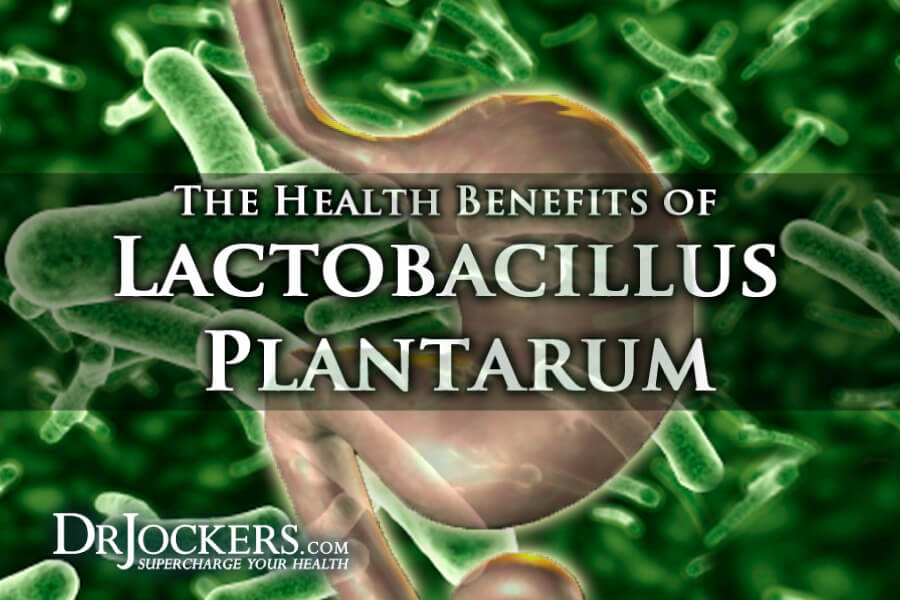
The Health Benefits of L Plantarum
Good bacteria are absolutely critical to human life and health. Many of these bacteria live directly in the mucosal membranes within the respiratory, digestive and genital regions. These symbiotic bacteria have a few key functions; to help metabolize food particles and aid in the digestive processes, to eliminate certain waste particles, to help stabilize and protect the intestinal cell wall and build a healthy immune response. This article will cover the health benefits of lactobacillus plantarum.
Lactobacillus plantarum is a resilient and highly adaptive bacteria that can survive at vast temperature ranges (1-60 degrees Celsius) and a wide scale of atmospheric pressures. The name “plantarum” indicates that this bacteria is a “species of the plants.”
According to several specialists, including Dr. Bengmark, the adhesive properties of L plantarum make it a powerful tool to fight off pathogenic bacteria such as E Coli, while repairing the intestinal lining.
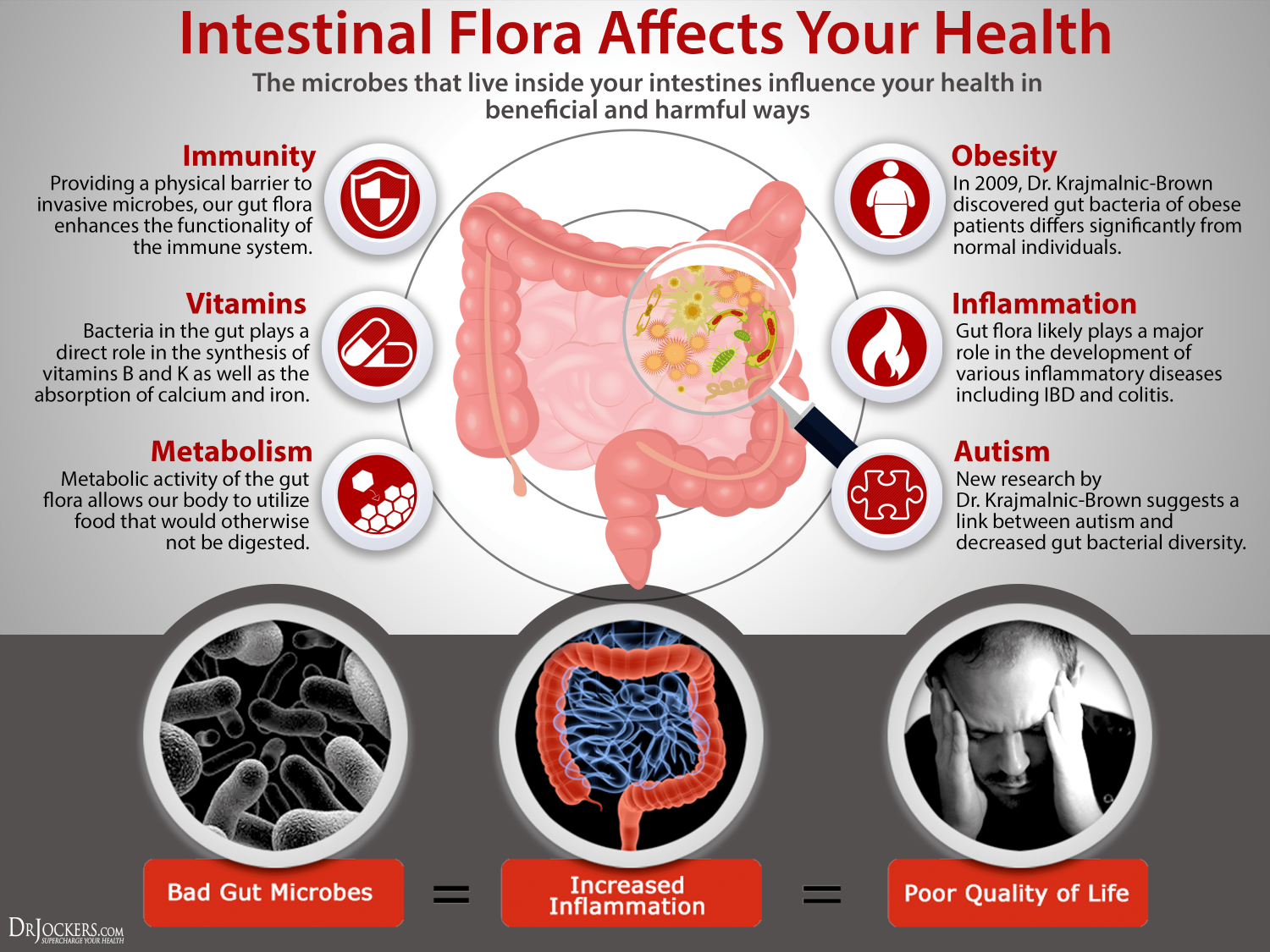
L Plantarum Protects Your Gut Membrane:
Mannose-specific adhesions are common among gram negative strains, but not gram positive (lactobacillus). Interestingly, according to Dr. Bengmark’s research, L-plantarum uses mannose-specific adhesions, which makes it possible that L plantarum can compete with both gram- positive and gram-negative pathogenic strains for receptor sites and valuable nutrients in the mucosal membrane. It also secretes anti-microbial substances that help to inhibit the formation of pathogenic gram-positive & negative colonies (1, 2, 3).
These characteristics make L plantarum a potent aide for irritable bowel syndrome, Crohn’s disease and Colitis. In fact, several studies have shown that L plantarum is able to survive through harsh environments including rounds of antibiotics (4, 5).
This is especially important for emergency situations when someone may have to take an antibiotic. According to Donna Gates, Body Ecology Diet, the L. plantarum in your intestines will survive the antibiotic onslaught, maintaining long-term health by ensuring that a yeast overgrowth will not occur (6).
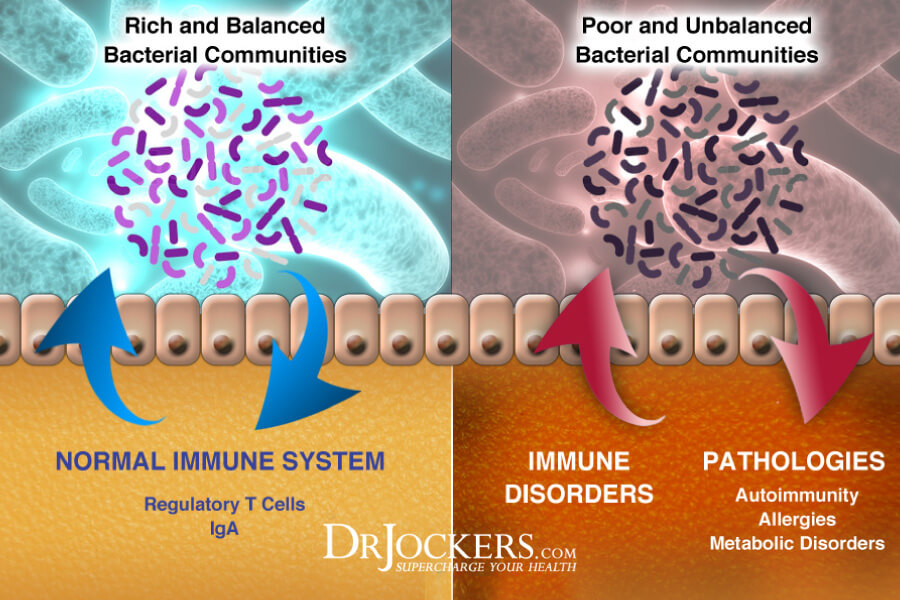
Western Diet is Deficient in L Plantarum:
Dr. Bengmark notes that only 25% of the Western population eating the typical American diet has L Plantarum colonized in their gastrointestinal system (7). This has a lot to do with the current diet that is high in processed foods, sugar and tap water and low in fresh grown fruits and vegetables and fermented foods.
L Plantarum is the predominate species in many of the African tribes and the Seventh Day Adventists who are known to eat a diet high in fresh fruits and vegetables (8). These people are also renowned for their superior health and in the case of the Adventists, their longevity.
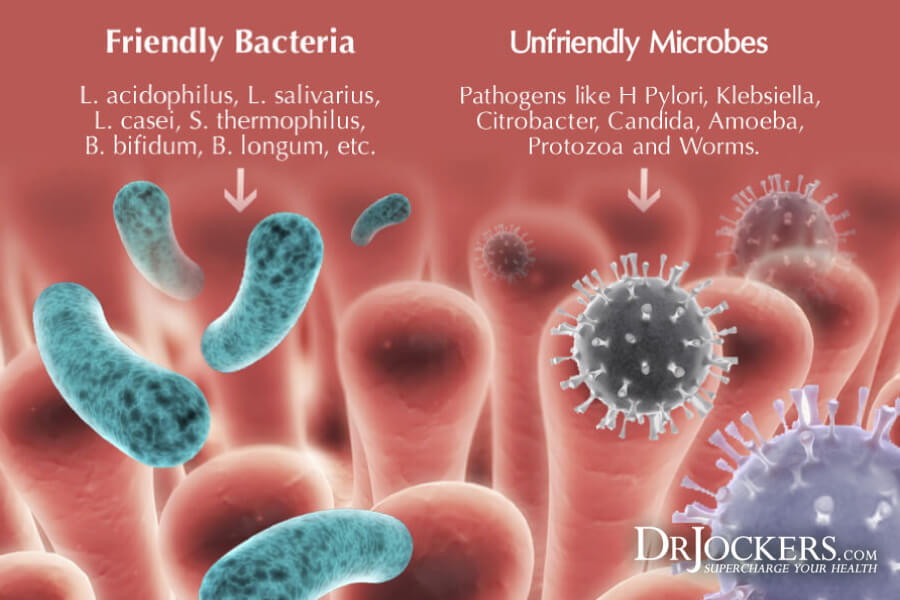
Lactobacillus Plantarum Improves:
Digestive health – Improves symptoms of digestive complains such as bloating, gas, cramping, diarrhea and constipation.
Immune Function – Both resistance against colds and flu’s and cancer development
Lowers Inflammation – Key for reducing autoimmunity
Nutrient Absorption – Improves nutrient extraction from food
Brain Development – Key for children developing healthy brains and preventing ADHD, Autism and other sensory disorders
Mental Health and Mood – Reduces brain inflammation that is a factor in psychological issues such as depression, bipolar and schizophrenia.
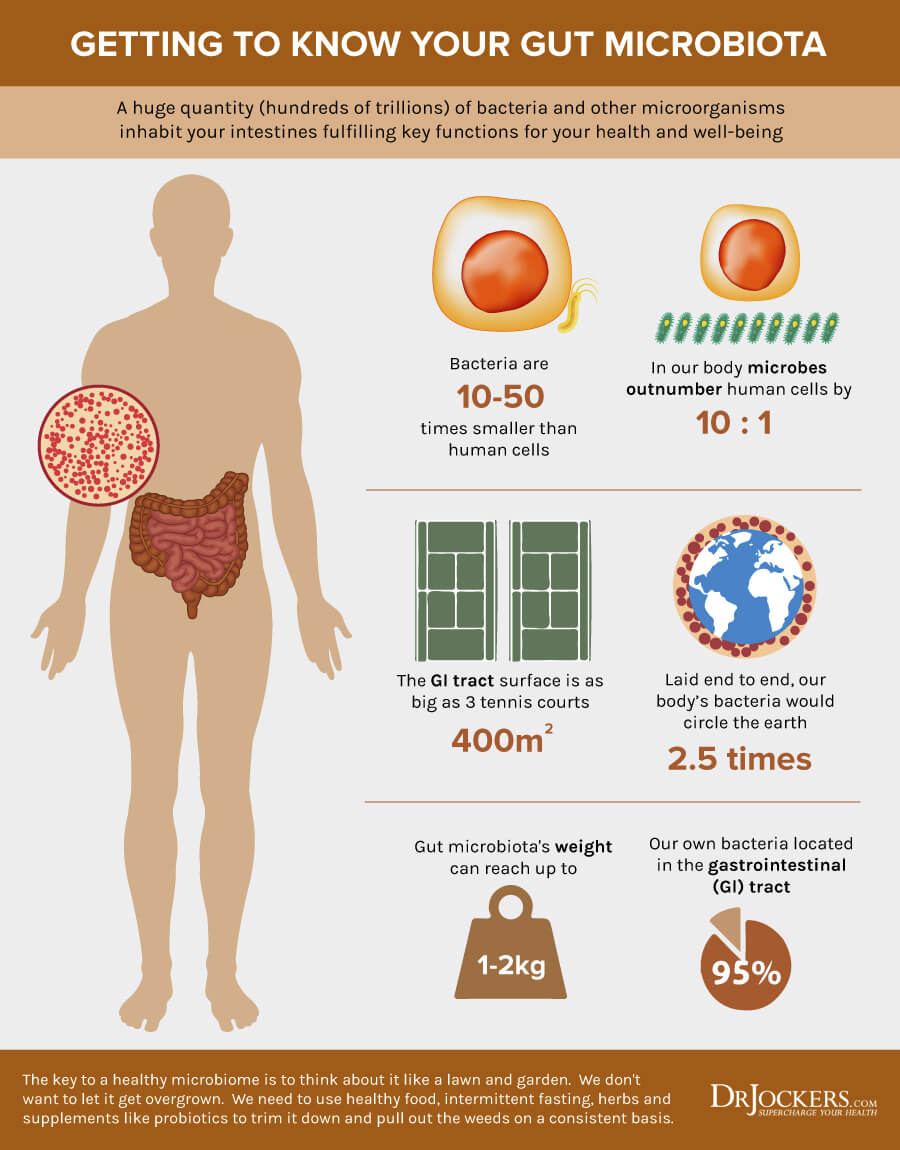
Pregnancy and Lactobacillus Plantarum:
While everyone will benefit from the inclusion of L Plantarum in their diets, certain individuals have a greater need for healthy strains of bacteria. Pregnant women need healthy doses of probiotic cultures in order to line their mucous membranes to effectively inoculate their newborn child on it’s way out of the birth canal.
These cultures give the newborn it’s first meal in a sense and immediately function to build the infant’s immune system and digestive function. Mother’s should continue to use probiotics such as L plantarum, whether through supplementation or naturally fermented foods for their own health and in order to prevent colicky symptoms, boost immunity and aid in digestive function and nutrient absorption within their newborn.

Healthy Microflora and Your Health:
Other populations that have shown benefit include children with neurobehavioral and neurodevelopmental disorders such as ADHD and Autism (9, 10, 11). Digestive complaints, poor detoxification pathways, and lowered immunity are common to all of these conditions and are heavily associated with dysbiosis.
L. Plantarum is found in abundance in many fresh vegetables and fermented foods such as sauerkraut, kimchi, pickles, and brined olives. However, be careful of store-bought processed alternatives which use cheap vinegars to pickle vegetables.
The the real cultural dishes used natural fermentation or salted foods and/or put them in a brine solution, all methods which allow Lactobacillus plantarum to survive and thereby be ingested.

Supplemental Lactobacillus Plantarum:
Most individuals in society are not getting enough L Plantarum as they are not picking vegetables out of the ground as our ancestors used too. Fresh vegetables right from the ground contain L Plantarum along with soil based organisms and humic and fulvic acids that help to cleanse the gut from harmful contaminants and toxic microorganisms.
This is one of the great benefits of growing your own veggies and/or getting them from a local farm. Additionally, it is important to consume 2-3 servings of fermented veggies daily to optimize L Plantarum growth and development in your microbiome.
For most of my clients I also recommend a high quality probiotics with L Plantarum. ProbioCharge is an ideal combination of ingredients for individuals seeking a well-rounded supplement to address intestinal ecology, cellular health and immunity.
It features well-researched probiotic strains such as L Plantarum, L Acidophilis, bifidobacterium longus and lactis. By combining these ingredients, the individual benefits of each component can be complemented by the mechanisms of the others.*



